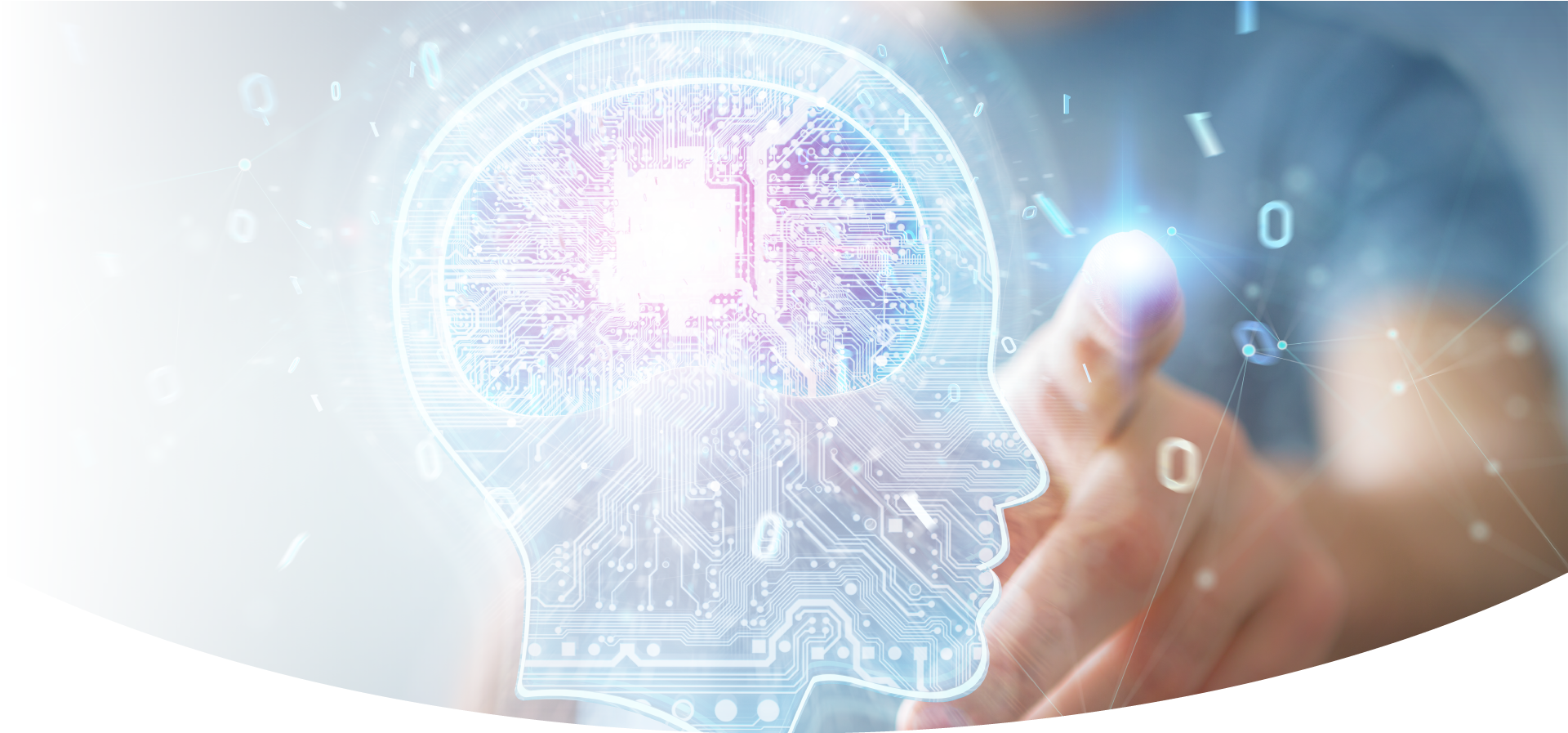官方網站設計
, 設計品牌
, 台北品牌設計
, 台南品牌設計
, 品牌設計
, LOGO設計
, 台北LOGO設計
, 台南LOGO設計
, 名片設計
, 台北名片設計
, 台南名片設計
, CIS企業識別設計
, 設計LOGO
, 台北設計LOGO
, 台南設計LOGO
, 視覺設計
, 網頁設計
, 台北網頁設計
, 台中網頁設計
, 台南網頁設計
, 高雄網頁設計
, 網站設計
, 台北網站設計
, 台中網站設計
, 台南網站設計
, 高雄網站設計
, 官網設計
, 台北官網設計
, 台中官網設計
, 台南官網設計
, 高雄官網設計
, 公司官網設計
, 形象官網設計
, 產品官網設計
, 響應式網頁設計
, 響應式網站設計
, 公司網頁設計
, 教會網站設計設計
, 設計品牌
, 台北品牌設計
, 台南品牌設計
, 品牌設計
, LOGO設計
, 台北LOGO設計
, 台南LOGO設計
, 名片設計
, 台北名片設計
, 台南名片設計
, CIS企業識別設計
, 設計LOGO
, 台北設計LOGO
, 台南設計LOGO
, 視覺設計
, 網頁設計
, 台北網頁設計
, 台中網頁設計
, 台南網頁設計
, 高雄網頁設計
, 網站設計
, 台北網站設計
, 台中網站設計
, 台南網站設計
, 高雄網站設計
, 官網設計
, 台北官網設計
, 台中官網設計
, 台南官網設計
, 高雄官網設計
, 公司官網設計
, 形象官網設計
, 產品官網設計
, 響應式網頁設計
, 響應式網站設計
, 公司網頁設計
, 教會網站設計設計
, 室內精油
, 室內香氛
, 居家香氛
, 房間香氛
, 空間香氛
, 香氛蠟燭
, 香氛精油
, 居家香精
, 精油香氛
, 居家香氛擴香
, 香氛蠟燭推薦
, 房間香氛推薦
, 香氛品牌推薦
, 嚴選香氛
, 香氛推薦
, 精油推薦
, 室內香水
, 香水
, 精油
, 擴香
, 室內擴香
, 擴香蠟燭
, 香水蠟燭
, 婚攝
, 婚攝婚紗
, 自助婚紗
, 美式婚禮攝影師
, 婚攝美式
, 婚禮攝影
, 婚禮紀錄
, 婚攝推薦
, 美式婚攝
, 美式婚禮攝影
, 網站設計
, 網頁設計
, 響應式網頁設計
, SEO最佳化
, SEO搜尋引擎最佳化
, 血壓量測
, 腕式血壓計
, 全自動手臂式血壓計
, 心房顫動偵測
, 體溫計
, 耳溫槍
, 額溫槍
, 熱敷墊
, 電毯
, 中風
, 高血壓
, 血壓計
, 血壓計推薦
, 血壓計品牌
, 歐姆龍
, 百靈
, 台南親子寫真
, 台中親子寫真
, 台北親子寫真
, 高雄親子寫真
, 台南兒童寫真
, 台中兒童寫真
, 台北兒童寫真
, 高雄兒童寫真
, 台南親子寫真推薦
, 台中親子寫真推薦
, 高雄親子寫真推薦
, 台北親子寫真推薦
, 台南家庭寫真
, 台中家庭寫真
, 高雄家庭寫真
, 台北家庭寫真
, 台南全家福
, 台中全家福
, 高雄全家福
, 台北全家福
, Milk and Honey Studio 美式婚禮婚紗攝影團隊
, Milk and Honey Studio 美式婚攝
, 婚攝
, 婚禮攝影
, 婚紗攝影
, 婚攝推薦
, 美式婚禮攝影
, 美式婚紗攝影
, 自助婚紗
, 孕婦寫真
, 親子寫真
, 家庭寫真
, 美式風格婚紗攝影
, 美式風格婚禮攝影
, 台北美式婚禮攝影推薦
, 台中美式婚禮攝影推薦
, 美式婚攝推薦
, 美式婚禮婚紗攝影團隊
, 美式婚攝
, 美式婚攝第一品牌
, PTT美式風格婚攝
, 新秘
, 新娘秘書
, 新娘造型
, 高雄新秘推薦
, 台北新秘推薦
, 新秘Yuki
, 白色夢幻新秘Yuki
, 新娘秘書Yuki
, 根尖手術
, 根管治療
, 牙齒再植手術
, 顯微根管
, 鈣化根管治療
, 再生性根管治療
, 牙根黑影與膿包治療
, 高雄根管治療
, 高雄牙齒醫師
, 高雄牙齒
, 高雄顯微根管醫師
, 美白牙齒
, 婚禮顧問
, 婚顧
, 婚禮企劃
, 婚禮主持
, 雙語婚禮主持
, 英文婚禮主持
, Wedding mc
, Wedding Planner
, Bilingual Wedding
, Wedding mc in Taiwan
, Wedding mc in Taipei
, Wedding Planner in Taiwan
, Wedding Planner in Taipei
, Bilingual Wedding mc in Taiwan
, Bilingual Wedding mc in Taipei
, 婚禮顧問推薦
, 婚禮企劃推薦
, 禮儀公司
, 葬儀社
, 生命禮儀
, 禮儀服務
, 殯葬服務
, 殯葬禮儀
, 屏東禮儀公司
, 屏東禮儀社
, 屏東葬儀社
, 屏東生命禮儀
, 屏東禮儀服務
, 屏東殯葬服務
, 高雄禮儀公司
, 高雄葬儀社
, 高雄生命禮儀
, 高雄禮儀服務
, 高雄殯葬服務
, 中式禮儀服務
, 西式禮儀服務
, 寵物氧氣機
, PetO2 寵物氧氣機
, 寵物製氧機
, 寵物專用氧氣機
, 狗用氧氣機
, 貓用氧氣機
, 犬貓氧氣機
, 室內香氛
, 居家香氛
, 房間香氛
, 空間香氛
, 香氛蠟燭
, 香氛精油
, 居家香精
, 精油香氛
, 居家香氛擴香
, 香氛蠟燭推薦
, 房間香氛推薦
, 香氛品牌推薦
, 嚴選香氛
, 香氛推薦
, 精油推薦
, 精油
, 香氛
, 婚禮顧問
, 婚禮企劃
, 婚禮規劃
, 婚禮主持
, 抓周企劃
, 慶生派對企劃
, 尾牙春酒企劃
, 文定儀式規劃
, 迎娶儀式規劃
, 結婚儀式規劃
, 台北婚禮顧問
, 新北婚禮顧問
, IoT資安
, 303645
, RED Cybersecurity
, 18031
, an ninh mạng
, 木地板
, 窗簾
, 壁紙
, 台南室內設計推薦ptt
, 台南室內裝潢公司
, 台南老屋翻新
, 台南統包推薦
, 台南老屋改建
, 台南室內設計推薦
, 台南室內設計推薦
, 室內設計推薦
, 室內設計
, 室內裝潢
, 現代簡約風設計
, 寵物保健
, 寵物關節
, 貓咪保健
, 狗狗保健
, 寵物腸胃
, 寵物皮膚保健










